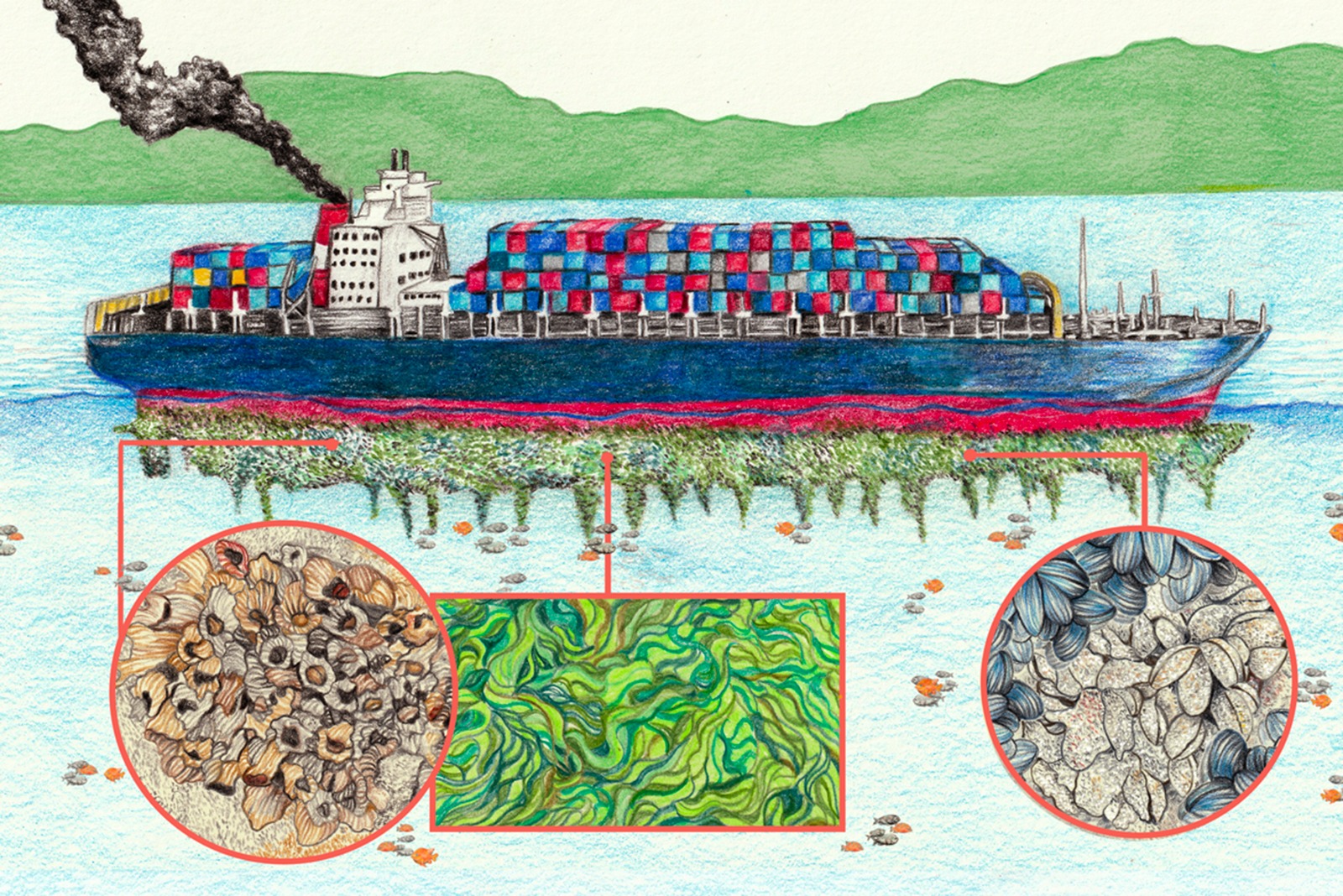
The Nigerian Maritime Administration and Safety Agency (NIMASA) has partnered with International Maritime Organisation (IMO) and Maritime Technology Cooperation Centre (MTCC) Africa to tackle and address issues associated with biofouling to protect marine environment.
The Director-General, Nigerian Maritime Administration and Safety Agency (NIMASA), Dr. Bashir Jamoh, said in Lagos, on Monday that the country needed to address the issue of biofouling to boost national food security.
Speaking at a three-day workshop on Transfer of Environmentally Sound Technologies (TEST Biofouling) Project for partnering Countries organised by IMO in partnership with MTCC Africa, held in Lagos, Jamoh, said that it has become imperative for the country to tackle the negative effects of biofouling and abate the transfer of invasive species by ships on the nation’s territorial waters.
He said this is to promote national food security through adequate protection of the marine environment.
Jamoh said the importance of protecting and conserving the seas, oceans and their inhabitants cannot be over-emphasised as people are intrinsically linked to them and their wellbeing.
He said shipping is at the crux of global trading and the economy with about 90 per cent of world trade and commerce facilitated through shipping.
Jamoh explained further, that when the non-indigenous marine- species are introduced into an ecoregion, they possess the ability to outcompete the native ones, thereby threatening their existence, biodiversity and national food security resulting in huge social and economic impact for our nation.
The NIMASA boss explained further, that biofouling has a detrimental effect on biodiversity conservation, as well as ecology, health and economy of our nation, which must be addressed through adequate protection of the nation’s territorial waters.
He added that biofouling on ships’ hulls causes an increase in roughness, leading to an increase in hydrodynamic drag, which in turn leads to an increase in the rate of fuel consumption and GreenHouse Gas (GHG) emission by ships.
The nation’s economy, Jamoh said, relies heavily on international trade with shipping being a key component of the country’s import and export activities.
This, he said, has inevitably exposed the country to threats of harmful non-indigenous Invasive Aquatic Species (IAS) that may be transferred into the nation’s territorial waters.
Jamoh said biofouling increases the hydrodynamic drag of ships, which results in increased fuel consumption, reduced speed and maneuverability, consequently leading to increase in fuel consumption.
He said Nigeria has adopted the IMO Guideline for the Control and Management of Ship’s Biofouling, which is an international instrument aimed at addressing and maintaining the efficiency, safety and environmental sustainability of our maritime operations as well as preventing the spread of Invasive species in our waters.
Jamoh said technological advancements have led to some innovative solutions by experts to aid the control and mitigate the impact of biofouling, however, some of these technologies exhibit complexity in the course of their application.
Also speaking, the Director, Head, Department of Partnerships and Projects, IMO, Dr. Jose Matheickal, noted that the IMO is excited that NIMASA has taken the lead in a strategic partnership with MTCC Africa for the training on TEST Biofouling in Nigeria.
The Secretary General, Memorandum of Understanding on Port State Control for West and Central African Region (Abuja MoU), Sunday Umoren, observed that marine biofouling adds to the costs of operating vessels for ship owners.
“Biofouling works against ship owners because it increases the ship drag leading to more funds spent on fueling the vessels. However, aquatic species have the good, the bad and the ugly. There is a need to maintain a balance in the aquatic environment and the only way to attain this is for respective maritime nations to keep their aquatics,” Umoren said.
In her remarks, the NIMASA Deputy Director, Marine Environment Management (MEM), NIMASA, Dr. Oma Ofodile said greenhouse gas (GHG) emissions pose a great concern to the IMO.
“Once a vessel is biofuoled, there will be more emissions. Through this training, we are ensuring that Nigeria isn’t left behind in heeding to IMO call for net zero carbon by 2050,” she said.






